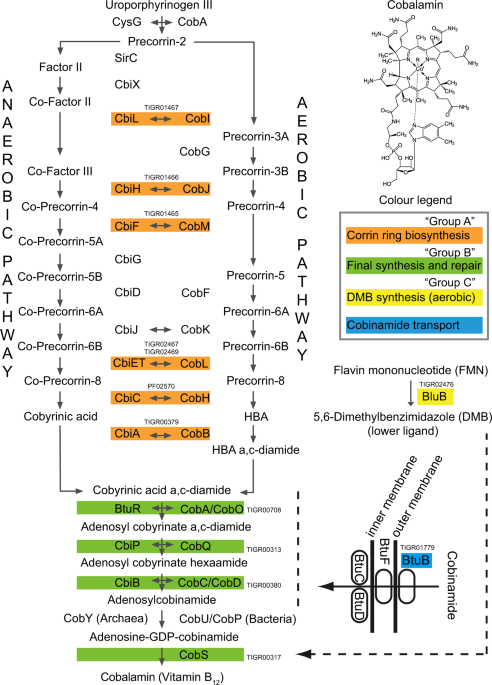Avalon, since you are in Lithuania, I don't know what you can buy locally or get online. In the U.S. I can get cyanocobalamin very cheaply. I can also buy betaine powder online. Betaine is also known as trimethylglycine, abbreviated as TMG. For people who have trouble using the cobalamin in the non-methylated form of cyanocobalamin, trimethylglycine may help support the body's methylation process. I think I also read someone feeling concerned about cyanide. Cyanide can be found in trace amounts in almonds. There is also cyanide in a kind of edible spurge grown in hot tropical areas where it is hard to grow other green vegetables. People who use this plant know that they need to cook it in boiling water and discard the water, and consume no more than 5 leaves per day per adult. My point is that our bodies can deal with small quantities of cyanide. **** Going without sufficient B12 is a greater danger to your nervous system and overall health than a small daily amount of cyanide. **** There are some toxins that can do great harm in very small quantities, but other substances which are dangerous in large amounts are harmless or even necessary in minute quantities -- for example iodine, boron, manganese or lithium.
On the other hand, going without B12 for too long can lead to anemia (your body makes red blood cells that are not so healthy, so your blood doesn't get the optimum amount of oxygen to your brain and other organs, eventually making you feel irritable about stuff, and weaker in body). Longer term lack of B12 can lead to permanent nerve damage. Please don't play with this!
Is it true that many people survived in the past with less B12? Yes sure. Our bodies can adjust to less than optimal conditions to survive. Our ancestors survived with a lot of dietary and material deprevations. Enough people survived, but many did not have optimal health. Even people today survive without enough protein or other nutrients, but they are weak and their children often suffer permanent mental and physical handicaps or even die, since their little growing bodies have greater needs.
Cyanocobalamin is the form of cobalamin that comes from commercial- scale fermentation of bacteria. It is our modern answer to making certain we can get enough B12 from bacterial fermentation, instead of relying on hit or miss taking our chances with getting enough from animal products.
Is methylcobalamin cheaper where you are than cyanocobalamin? If the only cobalamin you can get is expensive, maybe you can stretch it out by taking the smallest amount you can measure out, a few times per day. If it is a tablet you can split it or even bite off a small piece. If it is a capsule you can sprinkle out a small amount.
Can you get a multivitamin with some form of cobalamin? You want to make sure you are getting plenty of all your nutrients.
Please take care of yourself and keep us updated on your journey.


